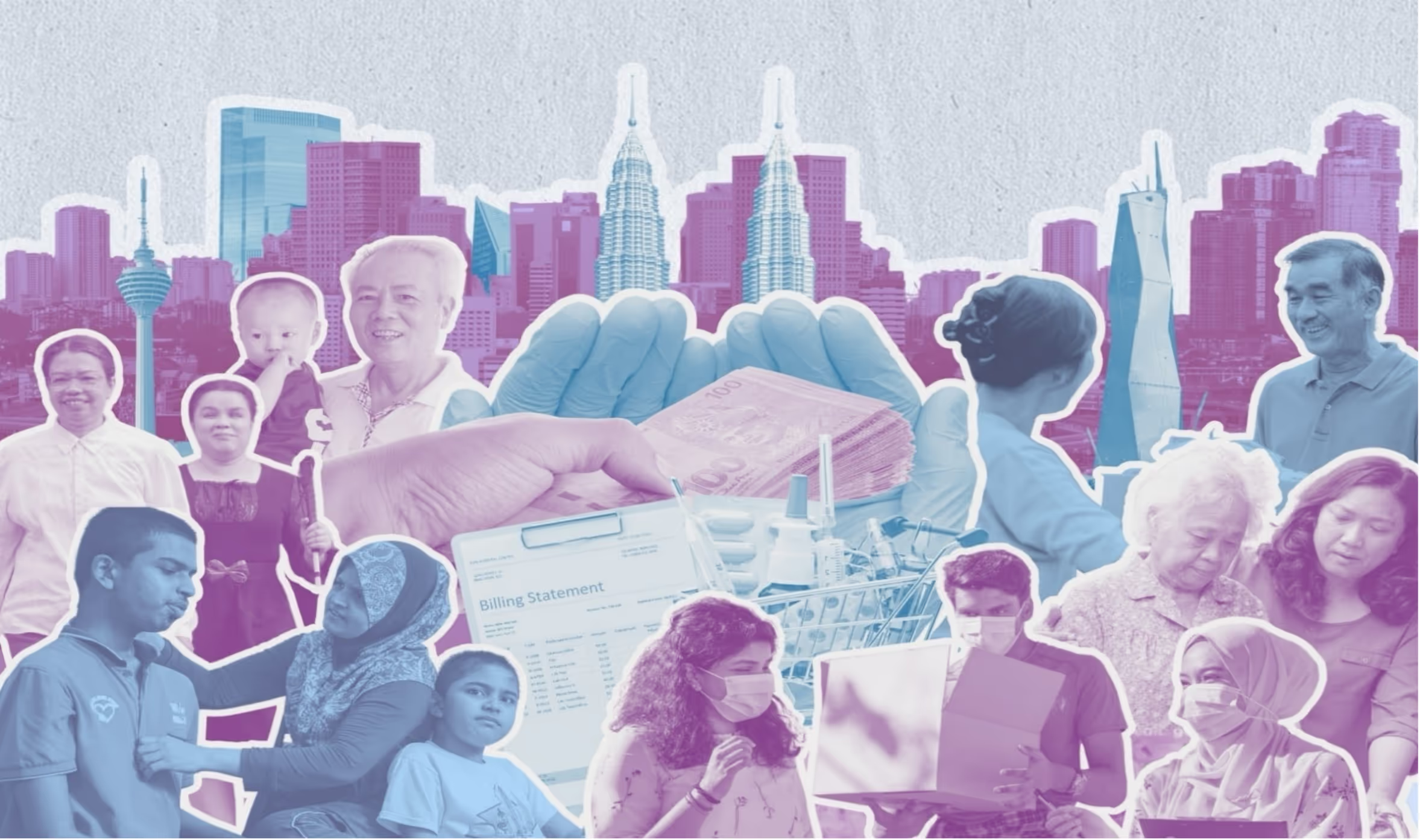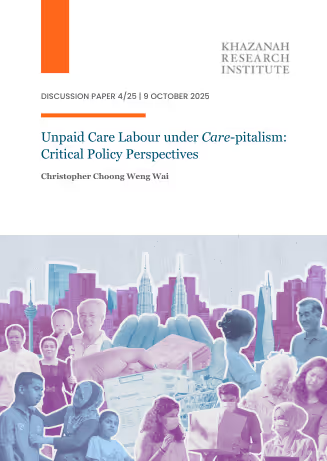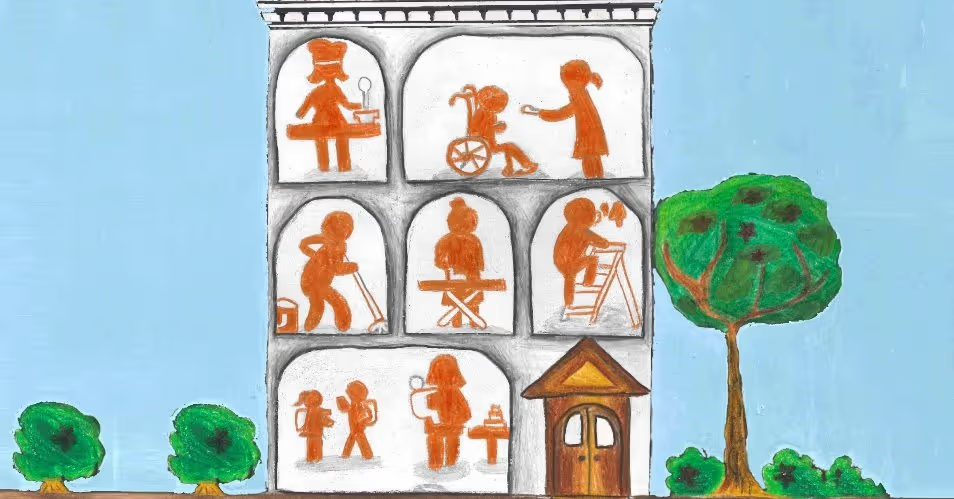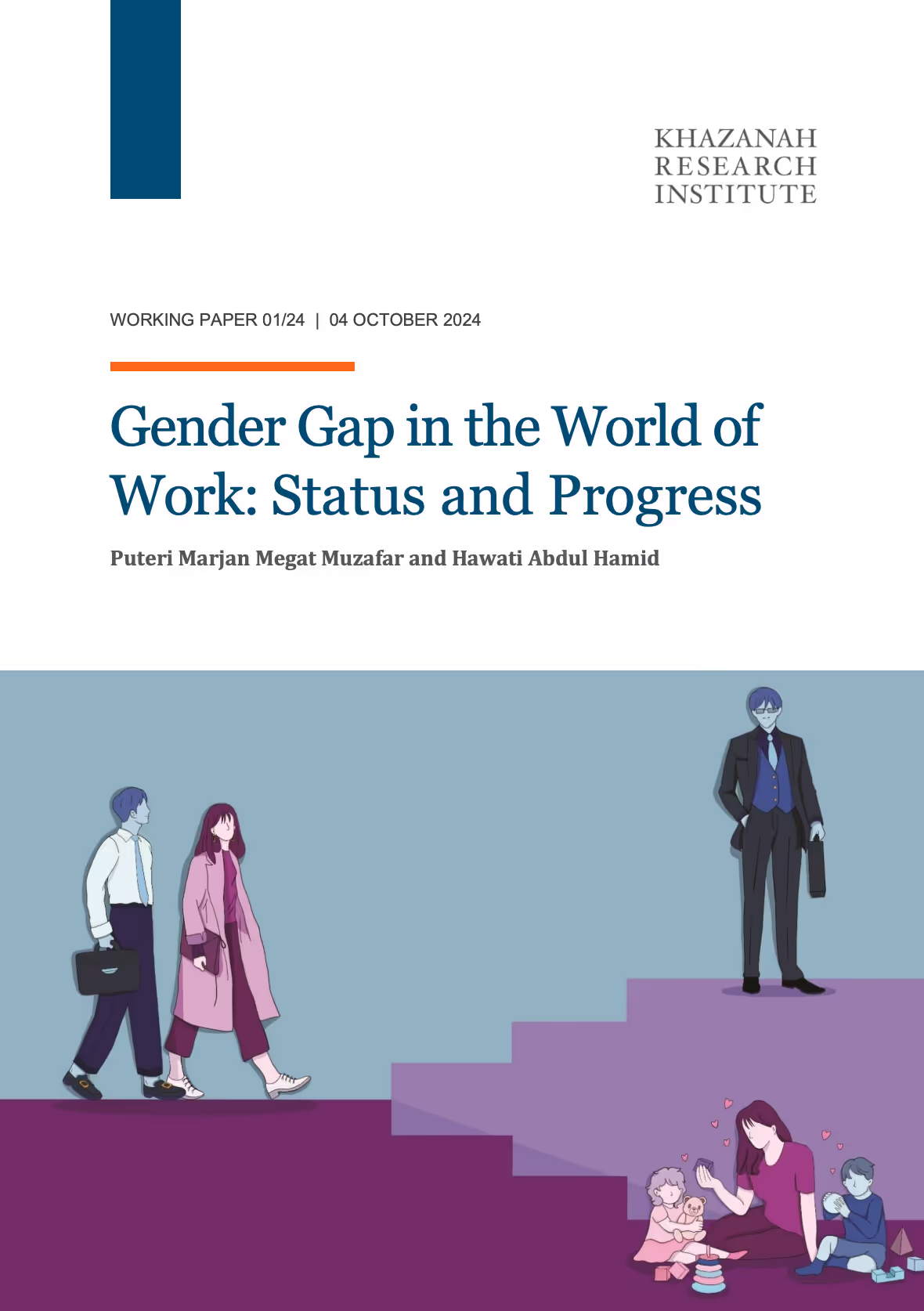
The paper focuses on unpaid and informal carers, whose contributions remain subordinated within the healthcare and social care systems. Initially characterised in policy as “latent resources,” this group has since been repositioned as “untapped economic opportunities” within the care economy. To address this, the paper argues for the conceptual, legal and empirical identification of unpaid carers through regularly enumerated surveys, a step that is crucial for challenging long-standing assumptions about unpaid care work.
Beyond this, the paper advances an alternative paradigm that frames unpaid care as a form of social risk rather than merely an economic opportunity. Seen as a predictable life contingency that requires collective planning, unpaid care calls for policy responses grounded in shared responsibility and the pooling of life-cycle risks. Drawing on the International Labour Organization’s 5R framework, the paper outlines strategic measures needed to build a more inclusive and sustainable care policy landscape in Malaysia.




















